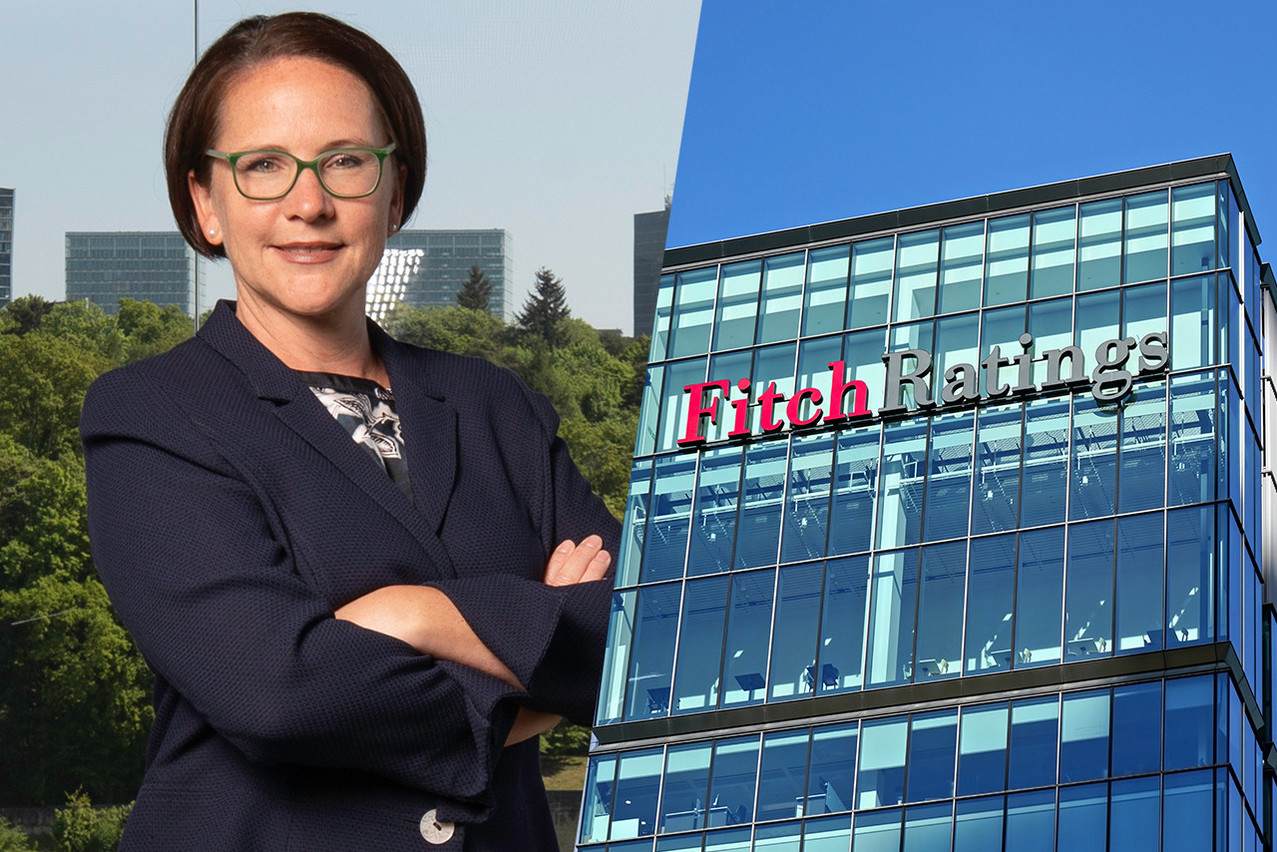Luxembourg’s “prudent” fiscal policy is one of the key elements in Fitch’s assessment, which expects “the level of public debt to be maintained below the threshold of 30% of GDP.” As in the agency has awarded Luxembourg the highest possible rating, AAA, which is intended to reflect “the strength of the country’s economic fundamentals and the soundness of its fiscal policy.” Fitch believes that the support measures taken have maintained household purchasing power, helping to stimulate domestic demand.
“Fitch’s confirmation of the country’s top ‘AAA’ rating is excellent news. It testifies to the solid economic fundamentals and responsible fiscal policy of the government, particularly in relation to the measures taken to maintain the competitiveness of businesses and the purchasing power of households. In this respect, I am delighted that the State Council gave the green light this week to the business tax credit. This flagship measure of Solidaritéitspak 3, which is designed to compensate for the rise in the cost of living, can therefore be voted on by the Chamber of Deputies before the start of the summer,” commented finance minister (DP).
Fitch explains that Luxembourg’s ratings reflect “an exceptionally high per capita income economy, with governance indicators above the median of AAA-rated sovereigns.”
But possible impacts...
Against this backdrop of good results, however, Fitch points out that “tighter financial markets could impact private investment, while energy and digital transition, housing affordability and infrastructure remain priorities for the government and will continue to drive public investment.”
Despite a downward trend in inflation (excluding energy and food), inflationary pressures remain high. In this context, Fitch points out that the core inflation measure averaged 4.8% from January to May, down slightly from its peak of 5.2% in September.”
In this regard, the rating agency warns: “Luxembourg’s heavy reliance on imports exposes it to price movements in key markets.” However, the rating agency stresses that the financial sector, the mainstay of the Luxembourg economy, remains solid, with levels of capitalisation, profitability and liquidity of banks that should enable them to cope with the consequences of “a possible interest rate shock.”
Fitch forecasts growth of 1.4% this year in Luxembourg, compared with 1.5% last year, and points out that “domestic demand will remain a key growth driver.”
This story was first published in French on . It has been translated and edited for Delano.
